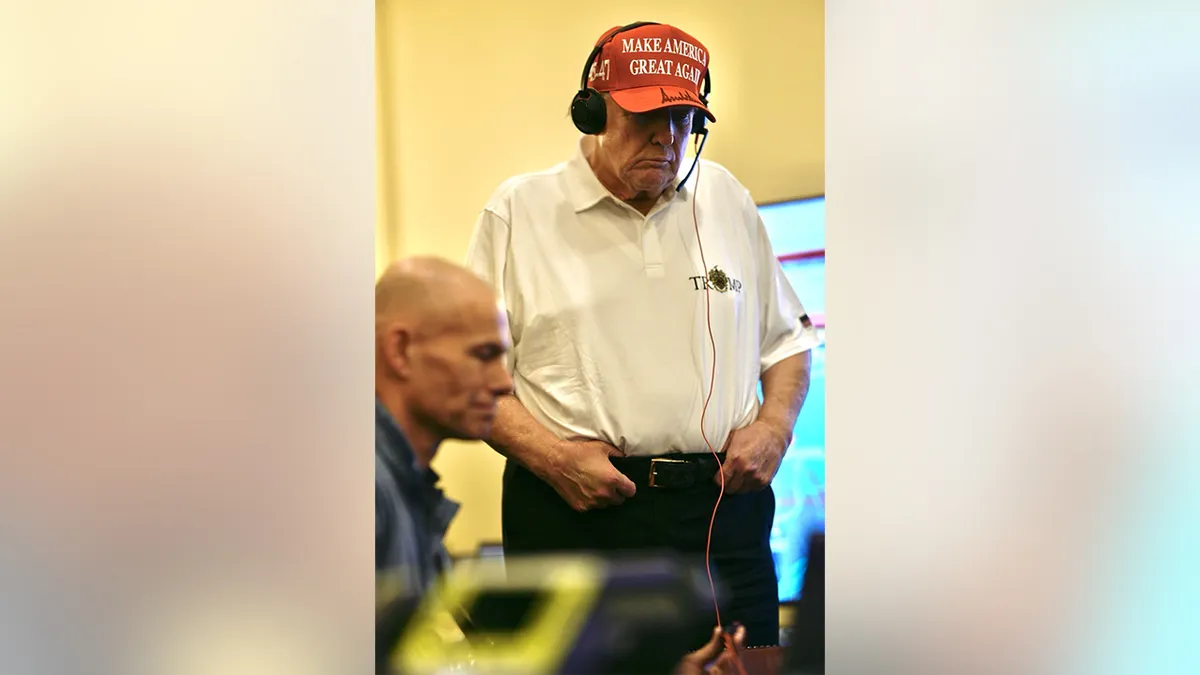Can a single action reshape the geopolitical landscape, and if so, what are the potential ramifications? The recent actions by the United States, specifically those initiated under the Trump administration and directed toward Yemen, serve as a stark reminder of how quickly international relations can be altered, and how deeply those changes can resonate.
The drumbeat of conflict in the Middle East continues, with a flurry of activity that has once again thrust Yemen into the global spotlight. This time, the focus centers on a dramatic escalation of military action, spearheaded by the United States. The events, which unfolded rapidly, have already triggered a cascade of reactions, from condemnation and concern to outright support. The narrative is complex, interwoven with geopolitical rivalries, proxy wars, and the ever-present threat of terrorism.
The genesis of this latest chapter can be traced back to the actions of the Houthi movement, a group based in Yemen and backed by Iran. Their attacks on shipping in the Red Sea provided the immediate trigger for the US response. However, this wasn't a sudden event. It followed a pattern of escalating tensions, with the Houthi movement growing bolder in its challenges to international norms and regional stability. The US, under President Donald Trump, had already signaled a more assertive approach towards Iran and its proxies in the region, adding a layer of pre-existing animosity to the unfolding events.
The response was swift and decisive. American warships fired cruise missiles, while fighter jets took to the skies. The US designated the Houthi movement as a "foreign terrorist organization," a move that further isolated the group and signaled an intensification of the American strategy. This designation, coupled with the deployment of significant military assets, served as a clear statement of American intent. The air strikes were particularly notable, with reports of massive "bunker buster" bombs being dropped on Houthi rebel positions in Yemen. This use of overwhelming force was accompanied by a chilling warning to Iran, a reminder of the stakes involved.
The targeting of strategic locations, such as the Ras Isa port, which stores millions of barrels of oil, indicated a desire to cripple the Houthis' logistical and financial capacity. The military action wasn't just a response to attacks; it was also meant to disrupt the flow of resources that fuel the group's operations. The implications of these strikes extend beyond Yemen, affecting regional power dynamics and the delicate balance of power between Saudi Arabia, Iran, and their respective allies.
The international community is now grappling with the potential consequences of these actions. The use of military force has raised concerns about civilian casualties and the potential for a humanitarian crisis. The US has stated its commitment to limiting collateral damage, but the nature of modern warfare means that such assurances are often difficult to guarantee. Furthermore, the strikes have the potential to inflame existing tensions and push the region closer to a wider conflict. The possibility of Iranian retaliation adds another layer of complexity to the situation, with the risk of a direct confrontation between the US and Iran remaining a significant concern.
Adding to the narrative, the announcement made by President Donald Trump on Friday, along with video footage of the airstrikes, further demonstrates the administration's intent to project strength and resolve. This act, in itself, is a public display of the US position, which serves to bolster the message. In light of these events, the role of the media becomes paramount. News agencies such as NBC News, with its correspondent Matt Bradley, are working diligently to provide analysis, which is critical in conveying the events happening in the Middle East.
The U.S. has a well-established history of military intervention in the Middle East. This isn't a new trend. From the Iraq War to interventions in Afghanistan, the region has been a focal point for American military and political efforts for decades. The Trump administration's actions, while distinct in their specific tactics and rhetoric, fit into this broader pattern of US involvement.
The Houthi movement's position in Yemen's complex political landscape is critical for understanding the broader dynamics at play. The Houthis have been a key player in the Yemeni civil war, a conflict characterized by internal power struggles, sectarian divisions, and external interference. Their relationship with Iran is another crucial piece of the puzzle, as Iran provides financial, military, and political support to the group. The United States, along with Saudi Arabia and other Gulf states, has been actively involved in the conflict, backing opposing factions and engaging in various military and diplomatic efforts. The intricate details of these relationships are further complicated by the shifting alliances, betrayals, and ideological clashes that have characterized the conflict. The impact of the conflict has resulted in a humanitarian crisis, exacerbating the existing socio-economic problems, and damaging infrastructure that leaves millions displaced and in need of aid.
The events in Yemen have opened a window into the complexities and conflicts of the Middle East. The role of international law, the human cost of war, and the influence of international power are all crucial. As events continue to evolve, these events will undoubtedly have far-reaching implications for the region and beyond.


Detail Author:
- Name : Timmy Hirthe
- Email : marisa.nader@gmail.com
- Birthdate : 1980-05-22
- Address : 9597 Mikel Island Apt. 700 East Ignatius, AR 34522
- Phone : (520) 643-9960
- Company : Grimes Ltd
- Job : Drilling and Boring Machine Tool Setter
- Bio : Consequatur quo deserunt aspernatur quod ab sed. Ut cupiditate in omnis placeat natus tenetur eos. Ut deserunt neque qui sit est rem eos. Pariatur quis ut assumenda deleniti recusandae.